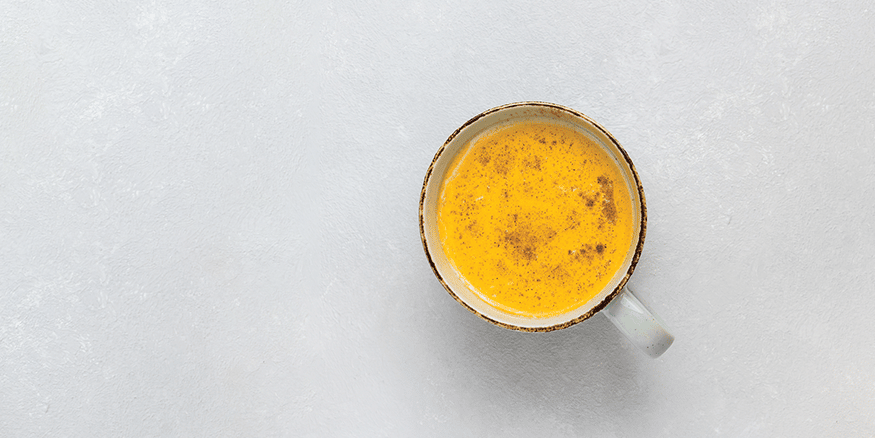
What is an Anti-Inflammatory Diet?
What is an anti-inflammatory diet? There is currently no widely-accepted definition but three examples are plant-based diets, the Mediterranean diet, and the Okinawan diet. The good news is that you do not need to follow any of these diets if you don’t want to. There are so many anti-inflammatory foods to choose from that simply focusing on adding more of these foods into your current diet can be a great place to start. The goal should not be to eat perfectly (how stressful!), but rather to eat anti-inflammatory foods more often. Food plays a very strong role in reducing inflammation and preventing and managing diseases and conditions associated with chronic inflammation. What we choose to eat matters.
Anti-inflammatory Foods
Anti-inflammatory foods include the following: whole vegetables and fruits, herbs, spices, plant-based proteins, anti-inflammatory fats, complex carbohydrates, and green, black, and white teas.
Eating more vegetables and fruits is a great way to eat more polyphenols, which are a group of beneficial plant chemicals that have been shown to reduce inflammatory markers in the blood.
The two most studied anti-inflammatory spices are turmeric and ginger, which you can enjoy in fresh and/or powdered form. It is a great idea to add black pepper to turmeric (e.g., one pinch of black pepper for 1 tsp of ground turmeric), as there is a substance in black pepper called piperine that increases the bioavailability and effectiveness of turmeric.
Plant-based proteins include legumes (chickpeas, lentils, black beans), nuts, seeds, organic edamame, tofu, and tempeh.
Good sources of anti-inflammatory fats include extra-virgin olive oil, avocado oil, walnut oil, hemp oil, flaxseed oil, as well as avocadoes, nuts, seeds (e.g., ground flaxseeds, chia seeds, hemp hearts), and the omega-3 fats found in wild fatty fish such as salmon, mackerel, and sardines.
Complex carbohydrates are high fibre and low glycemic index carbohydrates, found in whole grains such as rye, barley, quinoa, buckwheat, brown rice, and teff.
As you can see, there are a lot of options to choose from!
Pro-inflammatory Foods
Pro-inflammatory foods include the following: simple and refined sugars (high glycemic carbohydrates), unhealthy fats, ultra-processed foods, charred foods, excessive alcohol, conventional corn-fed meat and dairy, and processed food chemicals and artificial sweeteners.
Simple and refined sugars are one of the main dietary factors that contribute to increased inflammation in the body. This includes white sugars, sodas, candies, juice, syrups, white breads, high sugar cereals, and high-fructose corn syrup (aka glucose-fructose in Canada).
Unhealthy fats include trans fats, which are found predominantly in ultra-processed foods (e.g., ultra-processed baked goods, crackers, and chips), and certain vegetable oils such as corn, soybean, cottonseed, and peanut.
Charred foods in large amounts are also considered to be pro-inflammatory, so limiting your intake of charred (aka burnt) foods, is beneficial.
When it comes to meat and dairy, what the animal eats matters. Corn-fed meat and dairy are considered pro-inflammatory, while choosing grass-fed and/or organic meat and dairy more often, particularly with red meat, is a much healthier choice.
Some research suggests that certain processed food chemicals, such as polysorbate 80, carrageenan, and artificial sweeteners, found in processed foods and supplements, might be pro-inflammatory.
Conclusion
Choosing to eat plenty of anti-inflammatory foods on a regular basis, while limiting your overall intake of pro-inflammatory foods, is a great strategy for optimizing overall health and reducing chronic inflammation and its potential health risks. If you’d like to learn more practical strategies to incorporate into your current lifestyle, consider consulting with a registered dietitian to help give you personalized tips and novel ideas to make an anti-inflammatory diet work for you, as well as support you on your personal health journey.

